Ever felt like a failure? Welcome to the human race, where feeling like a failure is just part of the package. Whether you’re juggling roles as a parent, child, or teacher, or navigating the challenges of work, that gnawing sense of not measuring up seems to lurk around every corner.
The good news? It’s not just you; it’s a universal struggle deeply rooted in the very fabric of our modern existence.
But why do we so often find ourselves wrestling with feeling like a failure? The reasons are as varied as they are complex, encompassing the psychology of negative self-talk to the biology of our brain’s negativity bias. Each factor plays its part in a cycle that can feel impossible to escape, a cycle that convinces us we’re always one step away from truly succeeding.
But feeling like a failure isn’t a flaw; it’s a signal. It’s your mind’s way of saying that the way we’re measuring success isn’t working well. It’s a nudge to reexamine our benchmarks for success, to question the harmful narratives we tell ourselves, and to recognize the incredible resilience we display simply by showing up each day.
This article will explore our collective struggle of feeling like a failure, from the psychological to the neurological. We will see that feeling like a failure doesn’t mean you are one, and discover ways to help you overcome those burdensome feelings one small step at a time.
Why do I Feel Like a Failure?
Why you feel like a failure can stem from many causes – it depends on the specifics of your past events, experiences, culture, and environment. However, most feelings of failure stem from the following causes.
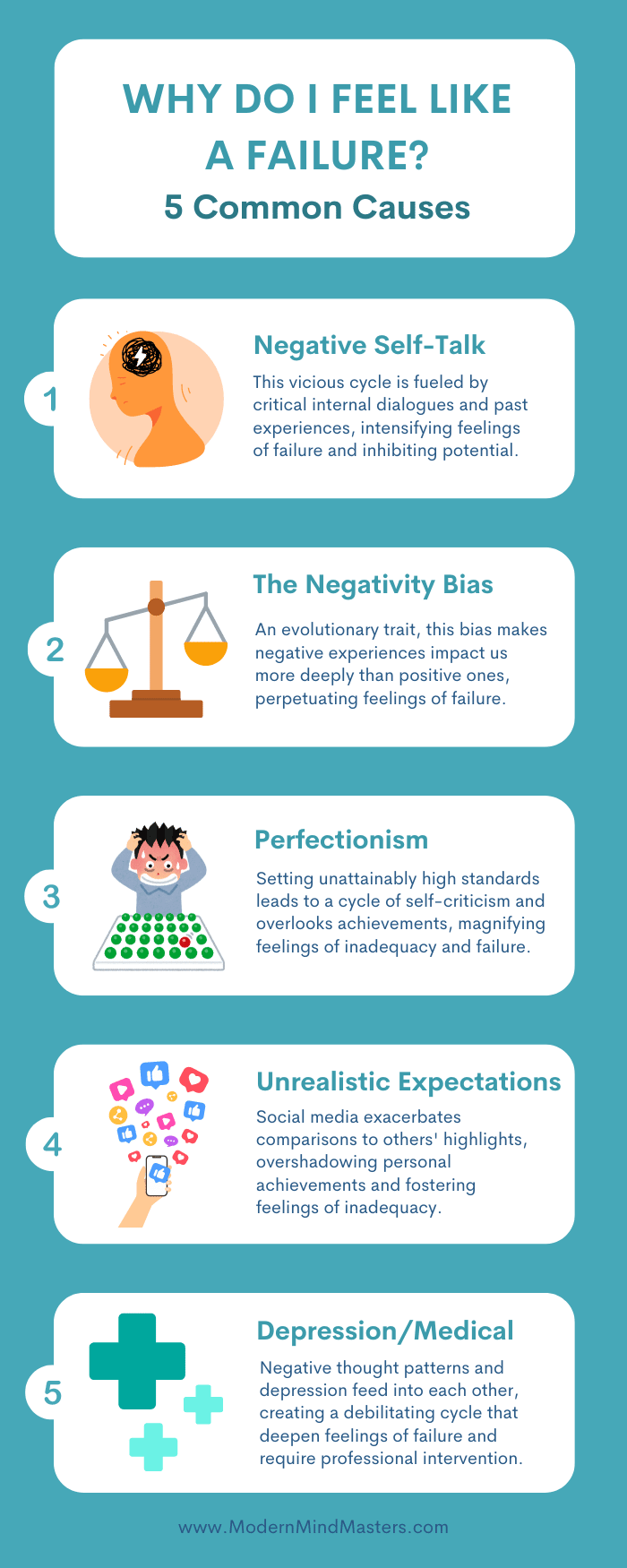
1) Negative Self-talk / Low self-esteem
We all have that inner voice and those subconscious thoughts such as “You can’t do this”, “You’re going to fail”, and “There’s no point trying”.
Although damaging to both our mental health and productivity, negative self-talk is common to everyone, but the voice seems to be louder for those who suffer from constant feelings of failure.
Negative self-talk can stem from a combination of external and internal influences, including past experiences, societal expectations, cultural backgrounds, our closest relationships, and individual personality traits.
The real danger of negative self-talk is in its cyclicity – each negative experience of an event will cause a more severe reaction the next time it happens, continuing in perpetuity and deepening with each iteration and leading to excessive overthinking.
For example, consistently receiving critical feedback from strict teachers in school can lead to a habit of self-criticism that intensifies and deepens with each cycle.
In my opinion, this is one reason why entrepreneurs and creatives tend to not have academic backgrounds – school and academia ingrain a black-and-white fear of failure that prevents us from escaping our negative self-talk surrounding the fear of failure.
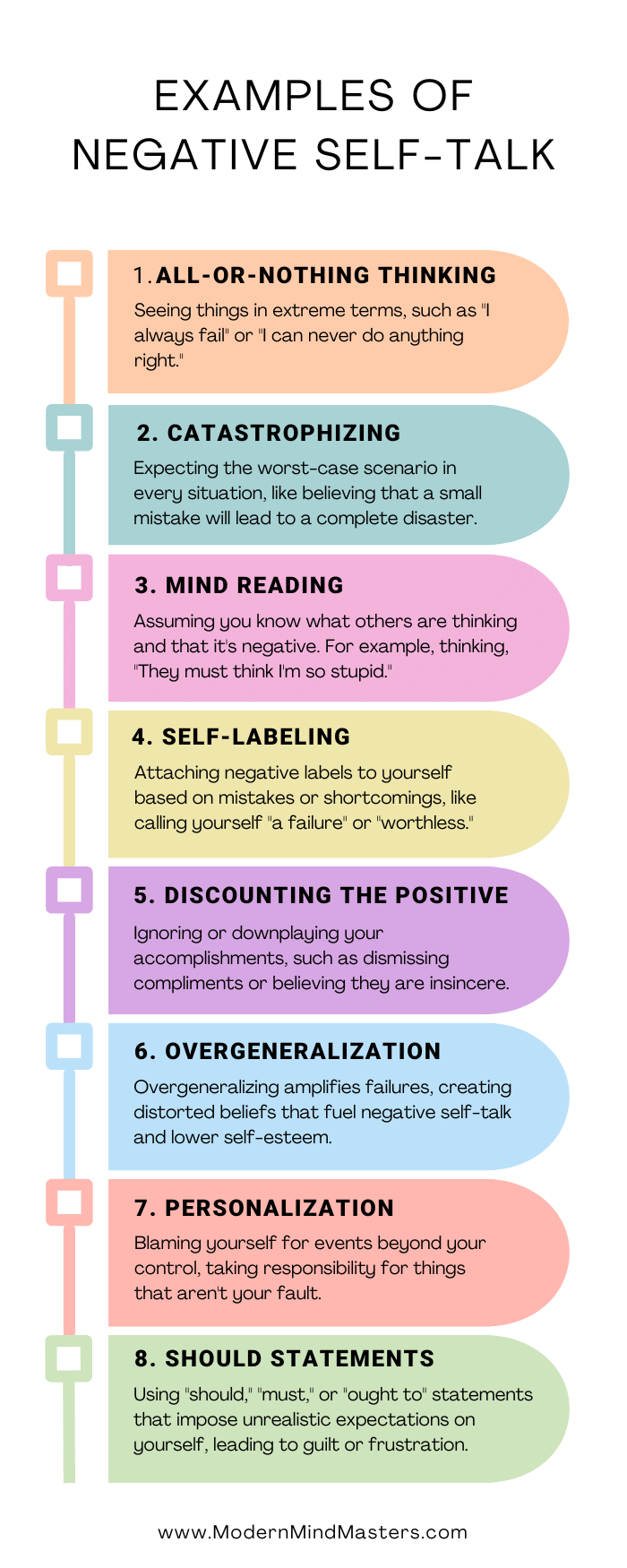
2) The Negativity Bias
So how should you rid yourself of negative self-talk? Despite what many self-help books preach, it is impossible, even with the best intentions. To lose yourself of negative thoughts means you must rid yourself of your basic biological systems.
The negativity bias is something we talk a lot about on this site because it is so fundamental to our psychology and neurology.
Defined as the psychological phenomenon where negative experiences or emotions have a greater effect on your psychological state than neutral or positive ones, our tendency to dwell on the negative more than the positive is the reason why you, I, and everyone, tend to have negative thoughts of failure and low self-esteem, even if there is no evidence to suggest that might be true.
You will have noticed this is an action almost daily. It is why a negative comment from your boss about a wrong order stings so much more than the pleasure felt from the other 99 that were perfect. It is the reason why a bad driver who cut you off can ruin your entire morning despite it being a good day otherwise. While praise only lasts a few hours, rejection can take months or years to overcome.
So why wouldn’t you want to completely eliminate the negativity bias from your life? The problem is that it is an important evolutionary mechanism that helps us to quickly identify and respond to potential threats or dangerous situations, ensuring our survival and encouraging a cautious approach to risks. But while it helps us survive, it limits us to thrive.
The key, then, is to acknowledge and accept that the negativity bias is an inherent safety mechanism carried over from more primal times and use our conscious thought and active positivity to override these feelings when our fears are not driven by safety but by emotion.
3) Perfectionism
If “What is your greatest weakness?” has become the most clichéd question in job interviews, then claiming perfectionism as a weakness ranks as the most clichéd response.
Most of us secretly admire perfectionists as those who go above and beyond in pursuit of quality. The reality is, however, that perfection is rarely required and is almost always a burden in the pursuit of success.
Perfectionism can lead to feeling like a failure because it sets unrealistically high standards that are often impossible to meet. When falling short of these standards, perfectionists may perceive themselves as failures, regardless of their accomplishments or the quality of their work.
This mindset fosters a cycle of self-criticism and negative self-talk, overlooking successes and focusing solely on perceived flaws or mistakes. As a result, even small imperfections can be magnified, leading to feelings of inadequacy, anxiety, and discouragement.
For those who set a goal to exercise every day for an hour and diligently follow this routine for weeks, just one missed day might be perceived as a failure of their commitment.
This reaction, rooted in perfectionism, disregards the substantial achievements in establishing a healthier lifestyle, amplifying the impact of a single lapse and resulting in undue feelings of guilt and inadequacy.
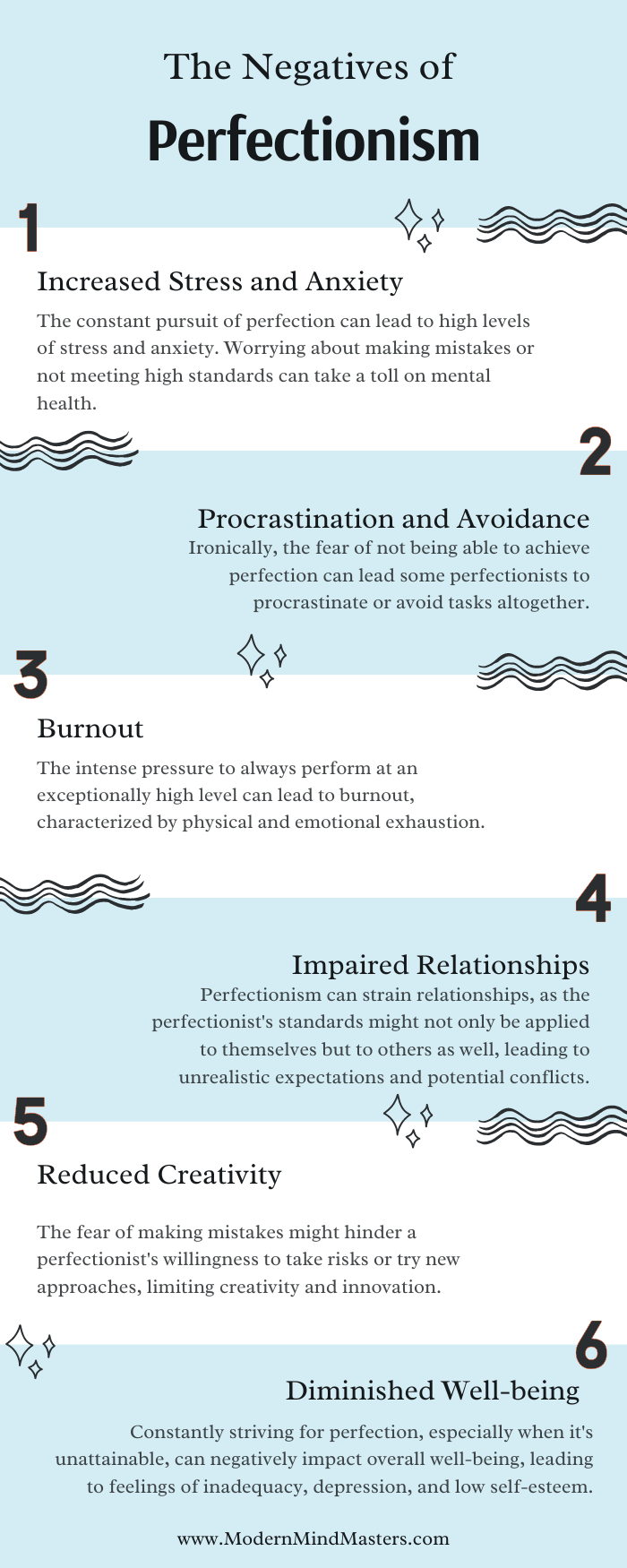
4) Comparing Yourself to Unrealistic Expectations
In an era of social media, it’s easy to fall into the trap of comparing the ordinary parts of our daily lives to the polished highlights of others, leading to feelings of inadequacy and often feeling like a failure.
This constant comparison can make us overlook our achievements, focusing instead on how we seemingly fall short next to the success stories plastered across our feeds.
We’ve all experienced this first-hand, such as seeing former classmates who struggled academically now running successful businesses or vacationing four times a year.
These comparisons are both unhelpful and inaccurate; the truth is that no matter how much we have, we always want more. But by shifting our focus from external validation to self-acceptance and valuing what truly matters, we pave the way for finding inner peace.
Embracing our individual journeys, with all its ups and downs, allows us to appreciate the unique beauty of our own lives beyond the superficial metrics of success.
5) Depression and Medical Conditions
Research supports the idea that certain negative thoughts can create and keep depression going. It’s also clear that being in a depressed mood makes it easier to have negative thoughts than positive ones.
Negative thoughts can lead to depression, and depression can make you more likely to have negative thoughts, creating a cycle that makes depression worse. This cycle of negative thinking and feeling depressed can trap a person in a state of feeling like a failure, making it hard to break free from the sadness.
Depressive disorders are as complex as they are varied, and professional help should be sought. Some therapies, such as Cognitive Behavioral Therapy (CBT), have been shown to alleviate some of the worst aspects of negative thoughts, helping to reduce feelings of failure.
How to Stop Feeling Like a Failure?
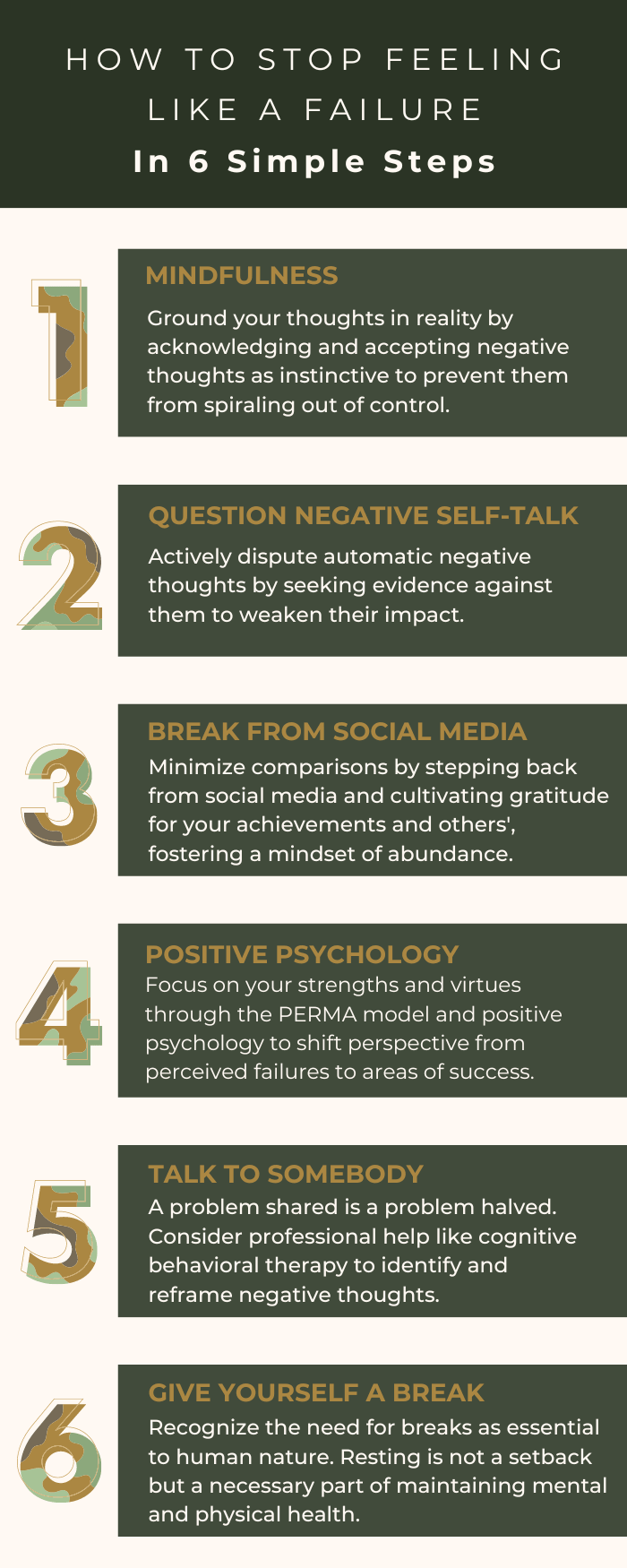
1) Mindfulness
Before even attempting to implement any change, we must first learn to identify what is causing our feelings of failure.
Mindfulness is about contextualizing your situation. The negativity bias will blow everything out of proportion, so we have to use the power of conscious thought to ground our negative thoughts and fears in reality.
When you have feelings of being a failure, remind yourself that, despite being unpleasant, these feelings are normal. It is your limbic system doing what it thinks is best – keeping you safe.
Even if these negative thoughts are extreme, they are likely the result of past experiences and negative effects compounding to make things worse. It’s not your fault – these thoughts are beyond your immediate control. You cannot control these thoughts from appearing any more than you can control feeling hungry or tired – they are instinctive.
By simply acknowledging and accepting your thoughts for what they are – instinctive and impulsive thought patterns – you can help ground your thoughts in reality. Once grounded, it is a lot easier to contain them, stop them from spiraling out of control, and manage them.
2) Question Your Negative Self-Talk
One of the best books for overcoming negative self-talk is “Detox Your Thoughts” by psychologist Andrea Bonior, who emphasizes the power of challenging our automatic negative self-talk. When thoughts like “I can’t do this” or “I feel like a failure” inevitably arise, it’s crucial to confront these statements head-on.
Take public speaking, an act that instills most of us with the extremes of fear and negative self-talk. Instead of succumbing to the thoughts that you “can’t do it” or that “it will end disastrously”, ask yourself, “What evidence do I have that supports these fears?”
This approach draws from mindfulness techniques, employing our conscious mind to actively dispute and interrupt the harmful, automatic thoughts that our subconscious mind generates.
It also helps to ground your fears in reality and their true context. Most of the things we worry about never end up surfacing, and consciously bringing this up in times when your subconscious mind is starting to spiral out of control is an excellent tool to avoid unnecessary escalation.
Writing down these negative thoughts and documenting them can be particularly effective in reminding you of all the times your subconscious thoughts have escalated. Research has also indicated that the physical act of writing enhances the process of reevaluating and restructuring our negative thought patterns and health by reducing long-term stress levels.
By systematically questioning and disputing our self-critical thoughts, we can weaken their hold over us, paving the way for a more balanced and positive self-perception, and moving away from the feeling of being a perpetual failure.
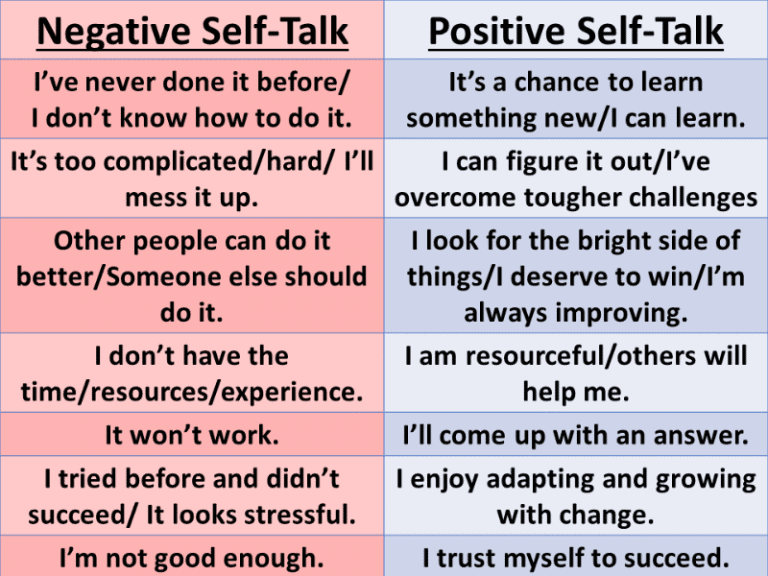
3) Take a Break from Social Media
Given that social media often triggers unhealthy comparisons – one of the major sources of feeling like a failure – consider taking a break or minimizing the time you spend scrolling through the highlights of others’ lives.
Comparisons don’t just stem from social media, however – we make comparisons to others all the time; it’s a fundamental part of human nature and our social identity.
When you catch yourself in the act of comparison, recognize it as a natural impulse and consciously choose to step back. This won’t immediately flip a switch and stop negative feelings – subconscious thoughts are far too powerful for that. But over time, you will begin to condition your subconscious to not react so intensely to such thoughts.
Cultivate gratitude for your achievements and possessions, as well as for the successes of others. Life isn’t a zero-sum game; someone else’s gain, like owning a house, doesn’t mean you’re at a loss.
Instead of begrudging others’ achievements or wishing for their downfall, focus on elevating your situation. Think about rising to meet higher levels as opposed to dragging others down to yours. Celebrating others’ successes can inspire you to achieve your own goals, fostering a mindset of abundance.
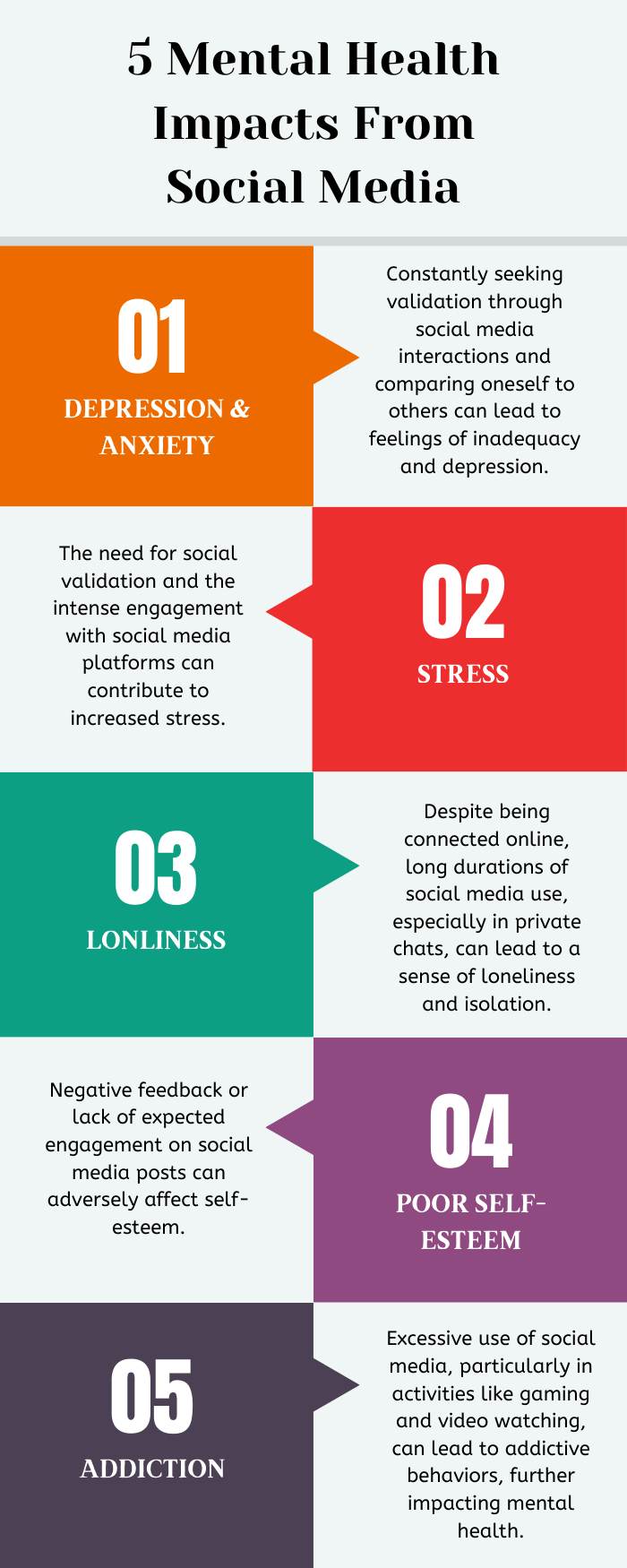
4) Embrace the Science of Positive Psychology
While positive psychology may sound like feel-good new age speak, it is a very real and tangible science pioneered by Dr Martin Seligman.
“Flourish”, a ground-breaking book by Martin Seligman, is a seminal work in the field of positive psychology, where Seligman expands on his earlier concepts of happiness and well-being.
The book introduces the PERMA model, which stands for Positive Emotion, Engagement, Relationships, Meaning, and Accomplishment, as a framework for understanding and enhancing human well-being. Seligman argues that by focusing on these five elements, individuals can lead richer, more fulfilling lives.
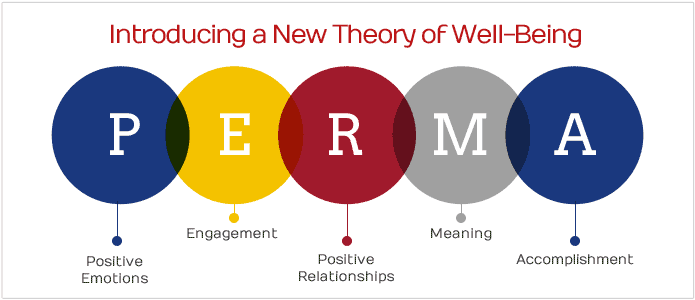
Positive psychology encourages individuals to identify and leverage their personal strengths and virtues based on 24 preconceived character strengths (you can find your traits and strengths here). By focusing on what you do well and your positive attributes, you can shift your perspective from what you perceive as failures to areas where you excel, helping to build self-esteem and reduce feelings of inadequacy.
Embracing positive psychology is a conscious effort, but with time and experience, we can begin to offset our natural tendencies to dwell on the negative and blow negative events out of proportion.
5) Talk to Somebody
A problem shared is a problem halved. Sharing your sense of failure and associated negative thoughts can help tremendously.
Talking to friends, family, and others who genuinely care for you is a good start. Bottling feelings up often causes frustration and agitation, which compounds the problem.
Sometimes, however, we need to speak to professionals, especially for sensitive topics where discretion is required.
Cognitive behavioral therapy (CBT) has been shown to be just as efficacious as antidepressant medications at treating depression, and it seems to reduce the risk of relapse even after its discontinuation.
During CBT, an expert will help you to identify Negative thought patterns and challenge and reframe them while setting realistic goals for you to overcome. Over time, you will develop a skill set tuned to your skills and weaknesses.
6) Give Yourself a Break
In today’s rapidly evolving society, the pressure to remain “always on” can be overwhelming. Our culture often glorifies hustle and ceaseless productivity, propelling the belief that success is a constant uphill climb where breaks are seen as setbacks.
Compounded by social media, this perspective bombards us with glimpses of what we could achieve if we only pushed a little harder, worked a little longer, and sacrificed just a bit more. Yet, this relentless pursuit is at odds with our fundamental human nature.
Historically, humans have thrived in environments characterized by scarcity, not abundance. Our brains are wired to respond to this scarcity with a release of dopamine, a neurotransmitter that motivates us to achieve goals and seek rewards.
However, this system was not designed for the continuous stimulation and endless possibilities presented by modern life. In a world where there is always something more to strive for, our dopamine-driven motivation can lead us into a cycle of perpetual dissatisfaction and feelings of failure.
It’s crucial to recognize that we are not built for non-stop pressure. Giving yourself a break is not a sign of weakness; rather, it is a necessary acknowledgment of our inherent human limitations. By allowing ourselves time to rest and recoup, we provide our minds and bodies with the much-needed respite from the constant demand for more. These breaks serve as vital periods for reflection, relaxation, and rejuvenation, enabling us to recharge our mental and physical batteries.
So, give yourself permission to pause, breathe, and enjoy the moment. Your success is not diminished by rest; rather, it’s enhanced by the renewed energy, perspective, and enthusiasm you bring back to your endeavors.
Conclusion
Feeling like a failure is a feeling we all know too well. That nagging voice telling us we’re not enough and that we should be doing more is something most of us encounter on an almost daily basis.
But these feelings of inadequacy are not markers of our worth – they’re reflections of the impossible standards we’re constantly bombarded with.
This article has touched on several root causes of why we often feel like failures, from the relentless cycle of negative self-talk to the unrealistic benchmarks set by social media. Each of these elements plays a role in skewing our perception of success and our own achievements.
The key takeaway is that it’s okay to feel this way. It doesn’t mean you’re failing at life; it means you’re human. Acknowledging this can be incredibly freeing. By practicing mindfulness, challenging those harsh inner critics, stepping away from the constant comparisons, and seeking support when needed, we start to break the cycle.
Most importantly, remember to cut yourself some slack. Life is not a race or a competition. It’s a journey with its ups and downs. Give yourself the grace to rest, to make mistakes, and to grow from them. After all, feeling like a failure is just a sign that you’re trying, growing, and deeply engaged in the messy, beautiful process of living.
FAQs
Why do I feel like a failure?
Feeling like a failure is normal, driven by negative self-talk, societal pressure, and a natural focus on negatives. It’s a sign to rethink success measures.
How do I stop feeling like a failure?
Counter feelings of failure with mindfulness, question negative thoughts, limit social media, embrace positive psychology, and practice self-compassion to shift towards learning and growth.
What causes feeling like a failure?
Negative self-talk and perfectionism magnify failure feelings. They stem from past experiences, societal expectations, and setting impossibly high standards.






One Response
Wow…I Will Read This Article Again To Cover It All